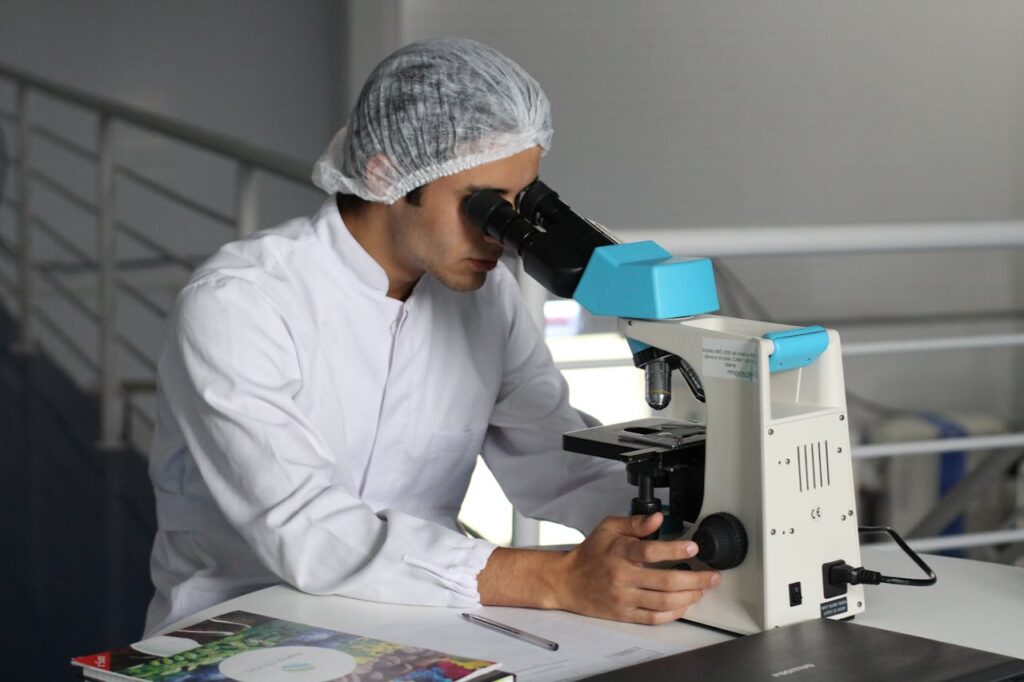An Israeli medtech incubator has expanded its operations from central Israel to the north of the country, aiming to tap into an undervalued yet prominent community working in the country’s healthcare sector.
While there is an exceptionally large representation of Israeli Arabs in the medical sector, few of them had previously been involved in innovation, explains Shai Policker, CEO at MEDX Xelerator, which was behind the creation of NorthMed last year.
The young innovation hub, he says, aims to rectify that, hopefully bringing new ideas and creativity in the field to the table.
“You have a very large pool of very capable human resources that is underutilized by far [in] medical high tech or medical innovation,” he says. “We think we can find great people there who are right now underutilized.”

In fact, Policker adds, the northern town of Sakhnin – home to the fledgling hub and sandwiched midway between Haifa and Tiberias – includes “the largest concentration of medical doctors in Israel per square mile.”
He attributes this partly to the fact that there are “quite a few hospitals” in northern Israel, including the well-respected Rambam Health Care Campus in Haifa and Poriya Medical Center in Tiberias.
NorthMed started out as a branch of MEDX, opening in late March 2023, but soon became its own entity, Policker explains.
The new plan was for it to be an innovation center that fostered new developments in the medical field.
“Our initial approach was opening a branch in order to try to find the innovators,” he says. “We joined forces with the Portland Trust, which is a [UK-based] philanthropic organization, and also some of the hospitals in the north.”
From there, they successfully applied for a grant from the Israel Innovation Authority, the branch of the government dedicated to promoting the nation’s tech sector, to create a medical innovation center for the Arab population.
At that point, MEDX realized the potential of such a center and decided to widen its remit. The IIA grant allowed them to hire a full team to staff the center, who began working with entrepreneurs on venture creation, mentoring innovators from the Arab sector and collaborating with the local hospitals.
Today, Policker says, the hub is working with what he calls “very good partners.”

Rami Shinnawi MD, NorthMed’s chief technology officer, has strong ties to the local medical world. He is a cardiology fellow at Rambam as well as a lecturer in medicine at the Technion – Israel Institute of Technology, which is also located in Haifa.
Sign up for our free weekly newsletter
SubscribeAn experienced entrepreneur in his own right, Shinnawi is working with young innovators, providing them with technological support for what it takes to create a medical product, Policker says.
And despite being only open for around one year, Policker says that there are already medtech companies that grew through NorthMed that are making a name for themselves.
Among them is Swift Duct, which answered the problem of navigating correctly to insert a tube into the bile duct – a challenging medical procedure whose difficulty of execution can lead to complications.
Another innovator, Policker says, is currently developing a drug delivery system via the eye, with technical help from Shinnawi.
“He had a very basic clinical unmet need and some thoughts about how to implement it, but he’s not an engineer,” Policker explains. “So he connected through NorthMed with Rami, and together they kind of put together the engineering aspects of the project.”
The innovator has now received a small grant from the IIA and is now creating a prototype.
“This is [becoming] a real adventure,” Policker says.

The center also connects Israeli Arab innovators to Israeli Jewish veterans of the tech sector. Very often, Policker says, connections within the industry are created during military service, which most Israeli Arabs do not perform.
“If we serve as a bridge, then maybe we can open that up,” he says.
Ultimately, Policker states, the idea is to harness the talents of a sector whose members are just as creative and innovative as their Jewish counterparts.
“We are there because we think we can find excellent people who will help us to create better companies,” he says.
Related posts

Harnessing Our Own Bodies For Side Effect-Free Weight Loss

Israeli Device Is New, Drug-Free Solution For Men Coping With ED





Facebook comments